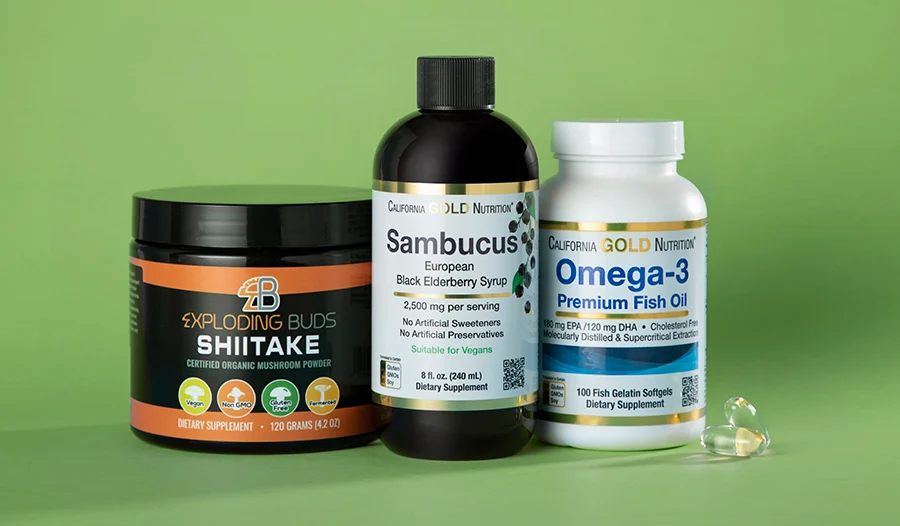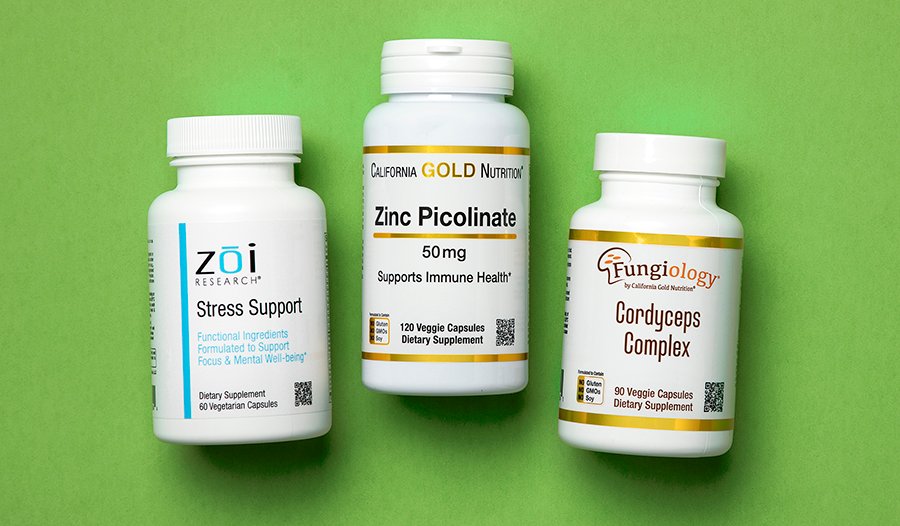Nutrition products for supporting mental health are essential in our fast-paced world. We often overlook the connection between what we eat and how we feel. The right nutrients can play a significant role in improving our mood, enhancing focus, and supporting overall mental well-being. In this article, we’ll discuss various nutrition products that can help boost mental health and improve cognitive function.
The Importance of Nutrition for Mental Health
Proper nutrition is vital for maintaining mental health. Our brain requires specific nutrients to function optimally. A balanced diet rich in vitamins, minerals, and antioxidants can help reduce the risk of mental health disorders. Furthermore, certain nutrition products can enhance brain function, improve mood, and promote mental clarity. By understanding which nutrients are essential, we can make better choices for our mental well-being.

Omega-3 Fatty Acids
One of the most important nutrition products for supporting mental health is omega-3 fatty acids. These healthy fats are found in fish like salmon, walnuts, flaxseeds, and chia seeds. Omega-3s are crucial for brain health and have been linked to reduced symptoms of depression and anxiety. They help build cell membranes in the brain and support communication between nerve cells. Adding more omega-3-rich foods to your diet can significantly enhance your mood and cognitive function.
B Vitamins
B vitamins, including B6, B12, and folate, are essential for mental health. These vitamins help produce neurotransmitters, which are chemicals that transmit signals in the brain. A deficiency in B vitamins can lead to fatigue, irritability, and cognitive decline. Foods rich in B vitamins include whole grains, eggs, legumes, leafy greens, and dairy products. Consider incorporating a B vitamin complex supplement if you struggle to get enough from your diet.
Vitamin D
Vitamin D plays a vital role in supporting mental health. It helps regulate mood and can reduce the risk of depression. Our bodies produce vitamin D when exposed to sunlight, but many people do not get enough due to limited sun exposure or lifestyle factors. Foods such as fatty fish, fortified dairy products, and egg yolks are good sources of vitamin D. If you suspect you’re not getting enough, consider a vitamin D supplement after consulting with a healthcare professional.
Antioxidants
Antioxidants protect our bodies from oxidative stress, which can harm brain cells. Nutrition products rich in antioxidants, such as berries, dark chocolate, and green tea, can help improve mental clarity and reduce anxiety. These foods combat free radicals in the body, promoting overall brain health. Including a variety of colorful fruits and vegetables in your diet ensures you’re getting a wide range of antioxidants to support your mental well-being.
Magnesium
Magnesium is another crucial nutrient for mental health. It helps regulate neurotransmitters and can improve sleep quality, which is essential for cognitive function. Low magnesium levels have been linked to increased anxiety and depression. You can find magnesium in foods like nuts, seeds, whole grains, and leafy greens. If you’re not getting enough magnesium from your diet, consider a magnesium supplement, but consult your doctor first.
Probiotics
Recent research has shown a strong link between gut health and mental health. Probiotics, which are beneficial bacteria found in fermented foods like yogurt, kefir, and sauerkraut, can support gut health and improve mood. A healthy gut can enhance the production of neurotransmitters like serotonin, often referred to as the “feel-good” hormone. Including probiotic-rich foods in your diet can help maintain a balanced gut microbiome and support mental well-being.
Adaptogenic Herbs
Adaptogens are natural substances that help the body adapt to stress and promote mental balance. Popular adaptogenic herbs include ashwagandha, rhodiola, and holy basil. These herbs can reduce stress, enhance focus, and improve overall mental clarity. You can find adaptogenic herbs in supplement form or as herbal teas. Incorporating these herbs into your routine can help support mental health during challenging times.
Achieving Your Fitness Goals and Exploring Online Entertainment
Smartbodyz.com offers resources and guidance to help you achieve your health and fitness goals. Just as you strive for a healthy lifestyle, you might also enjoy exploring online entertainment options, and for those interested in virtual gaming platforms in Australia, best online casino australia offers various platforms. Remember to engage with online activities responsibly while prioritizing your well-being and enjoying your leisure time.
Limit Sugar and Processed Foods
While discussing nutrition products for supporting mental health, it’s also essential to address what to avoid. High sugar and processed foods can negatively affect mood and energy levels. They may cause fluctuations in blood sugar, leading to irritability and fatigue. Instead, focus on whole, unprocessed foods to nourish your body and mind.
Conclusion
Nutrition products for supporting mental health are essential for maintaining overall well-being. By incorporating omega-3 fatty acids, B vitamins, vitamin D, antioxidants, magnesium, probiotics, and adaptogenic herbs into your diet, you can enhance your mood, focus, and cognitive function. Remember to limit sugar and processed foods, as these can harm your mental health. Making small, mindful changes to your diet can lead to significant improvements in your mental well-being.









